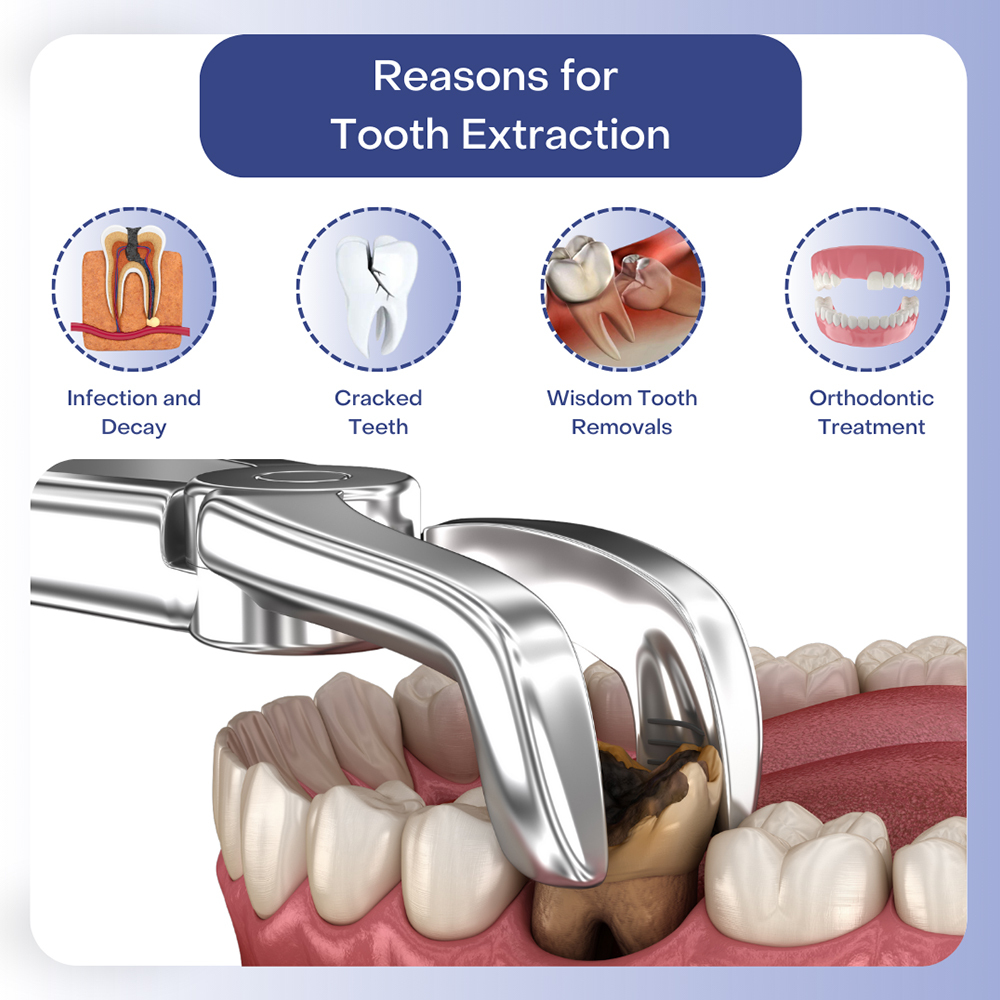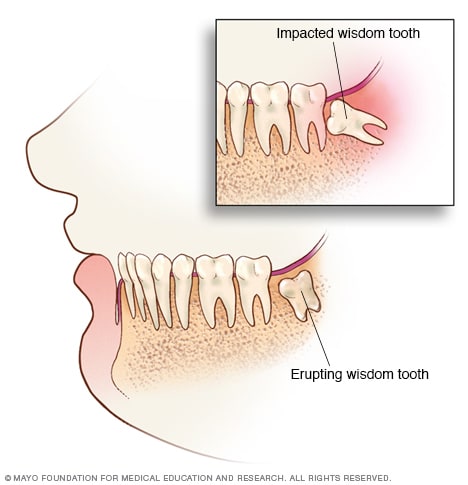Exploring Different Sedation Options for a Comfy Knowledge Pearly Whites Removal Experience
The usage of sedation throughout such treatments has actually come to be increasingly typical to minimize anxiety and pain. With a range of sedation options readily available, from regional anesthesia to basic anesthesia, each method uses varying levels of leisure and discomfort control.
Local Anesthetic
Local anesthesia is a generally used method for numbing details locations of the mouth throughout wisdom teeth extraction treatments. By administering a regional anesthetic, such as lidocaine, a dental professional can guarantee that the person continues to be comfortable and pain-free throughout the removal procedure.
Among the primary advantages of local anesthetic is its targeted numbing result, which means that only the specific area being dealt with is impacted. This localized technique lessens the risk of systemic side impacts and permits a quicker recovery post-procedure. Furthermore, regional anesthesia is taken into consideration to be a routine and safe practice in dentistry, with marginal risks involved when administered by a skilled specialist.
Laughing Gas
Nitrous oxide, generally recognized as laughing gas, is a form of sedation typically utilized in dentistry to aid individuals kick back during oral procedures. This sedation option permits the person to stay responsive and conscious throughout the treatment while feeling at simplicity and comfortable.
In addition, laughing gas is recognized for its fast recuperation time. Once the mask is removed, the effects of the gas put on off rapidly, permitting clients to resume their normal tasks without lingering sedative impacts. This makes laughing gas a practical choice for those who require to drive themselves home after the dental appointment. Moreover, laughing gas is suitable for people of every ages, making it a functional sedation choice for knowledge teeth removals and various other dental procedures.
Dental Sedation
Oral sedation, a pharmacological technique employed in dentistry, entails the management of sedative medications by mouth to generate a relaxed state throughout oral treatments. This kind of sedation is frequently made use of for individuals undergoing knowledge teeth extraction to relieve anxiety and discomfort. The medicines suggested for dental sedation belong to a course of medications called benzodiazepines, which have sedative, anxiolytic, and amnesic homes. Typically, the client takes the suggested drug prior to the procedure, permitting enough time for the sedative results to hold.
Among the key benefits of oral sedation is its convenience of management. Unlike intravenous sedation, dental sedation does not need needles or shots, making it a more comfy choice for individuals with a fear of needles. In addition, oral sedation is considered effective and risk-free when carried out by trained dental professionals. It is essential for people to adhere to pre-operative directions provided by their dental practitioner, such as refraining from consuming or consuming before the treatment to guarantee the sedative drug works as meant.
IV Sedation
Administered intravenously by experienced physician, IV sedation is an effective technique used to cause a regulated state of deep leisure and unconsciousness throughout oral treatments. Unlike oral sedation, which can be unpredictable in its effects, IV sedation enables for exact control over the degree of sedation, making it an optimal selection for complicated treatments like knowledge teeth removals.
Throughout IV sedation, a sedative medicine is supplied straight right into the blood stream via a vein, allowing it to work quickly and efficiently. This method guarantees that the person continues to be uninformed and comfortable of the treatment while still preserving crucial features such as breathing and heart rate.
One of the primary benefits of IV sedation is its capacity to supply a much deeper degree of sedation compared to other methods, making it specifically suitable for patients with high degrees of anxiousness or those undergoing substantial dental work (wisdom teeth removal aspendale). In addition, the effects of IV sedation typically subside gradually after the treatment, lowering the probability of grogginess or sticking around negative effects. In general, IV sedation offers a efficient and safe alternative for guaranteeing a comfortable and stress-free experience throughout wisdom teeth removal

General Anesthesia
Having Visit This Link actually discussed the advantages of IV sedation for wisdom teeth removal, the use of basic anesthesia supplies an alternative choice for patients calling for a deeper degree of unconsciousness during dental treatments. General anesthesia causes a regulated state of unfamiliarity, making certain the person feels no discomfort or discomfort during the removal process. This technique is particularly helpful for individuals with serious oral anxiety, complicated surgical requirements, or those undertaking several extractions at the same time.
General anesthetic is administered by a qualified anesthesiologist who closely keeps track of the person's vital indications throughout the procedure. It involves using intravenous medications or inhaled gases to generate a state of unconsciousness. While under general anesthetic, the client will not understand the surgical treatment, experience any kind of pain, or have any recollection of the treatment later.
Although basic anesthesia is risk-free when administered by certified specialists, it lugs a somewhat greater risk compared to other sedation options - wisdom teeth removal aspendale. People considering general anesthesia for knowledge teeth extraction ought to talk about the prospective dangers and advantages with their dental professional or oral specialist to make an educated decision based upon their private requirements and case history

Conclusion
In final thought, different sedation alternatives are readily available to make certain a comfy knowledge teeth removal experience. Regional anesthesia is commonly made read more use of for numbing the particular area, while nitrous oxide provides relaxation and pain relief. Dental sedation and IV sedation deal deeper degrees of relaxation, relying on the person's demands. General anesthetic can be used for a lot more complicated cases. It is essential to talk to your dental practitioner or oral specialist to identify one of the most appropriate sedation alternative for your procedure.
Nitrous oxide is ideal for clients of all ages, making it a functional sedation choice for knowledge teeth extractions and various other oral procedures.
